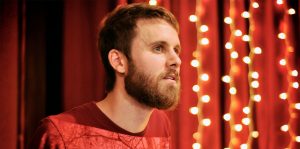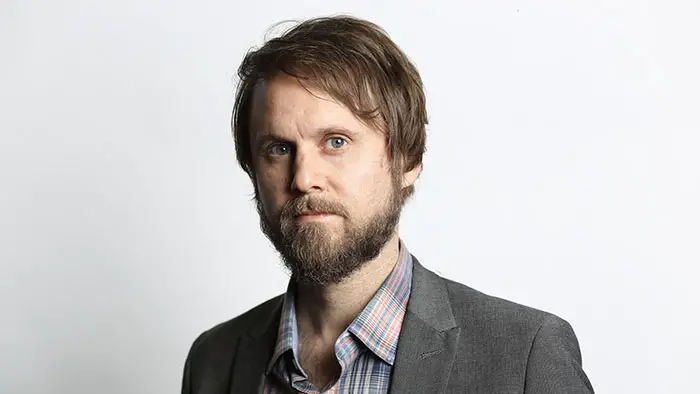
Music in film is an essential part of filmmaking and ironically the part you think about the least. I honestly know very little about film scores and less about how important they are, particularly in independent film. Composer Ben Lovett has been composing film scores starting on a guerilla college project and, most recently, The Night House, The Wind, and the taxidermy documentary Stuffed. I spoke about his career, process, and his work on Stuffed. Also, if you’ve ever wanted to get into the music game, Ben offers some invaluable advice.
How are you doing? Are you in LA?
Ben Lovett: I’m back on the East coast. I lived in LA for years, and I’m still back there about half the year, but I live in a small town in the North Carolina mountains where I have a house and a studio.
So you’re, you’re sequestered.
Well, I’m in Asheville, which is a small city, though I have to admit I’ve never been more relieved to be away from the big cities than I am right now.
I’m out in LA, and it’s eerie.
Yeah, I bet. I still spend a lot of time in LA, and I’m just really fortunate that I don’t have to travel or be on an airplane right now. The strangest part is that Quarantine Life isn’t that much different for me than when I’m scoring a film. It’s a lot of sitting alone in a room, not being around other people – so in that regard, not much has changed day-to-day.
So you are working then?
Yeah. I’m juggling several different projects at once right now, and nothing has really stopped or slowed down, so I’m just barreling forward.

“I don’t ever think of it in terms of genre. I always think in terms of story.”
I would imagine that this is the right time to be in pre and post-production.
Yeah, it seems like the post-production wheel is still in motion, for the moment anyway. Much of the time, when I come onboard a project, it’s already been filmed, which is the case with the active projects I have going now. Then it’s a lot of people sitting in rooms, a lot of which can be done remotely.
I review films as the whole, and so there’s a level of naivete on my part when it comes to music and composing. I wanted to talk to you about that, particularly the realm of indie film making. I’m looking at your work, and a lot of it is in the horror or thriller genre, such as Emma Tammi’s The Wind and recently The Night House. Does genre dictate the score, and how do you ensure each project is truly original?
I don’t ever think of it in terms of genre. I always think in terms of story. I’m not really interested in one specific genre, more or less than any other, just different kinds of stories. I tend to gravitate towards the darker stuff at times because — from a musical standpoint— thrillers and horror films require you to work within a broader range of emotions. When the stakes are life and death, and you’re dealing with extremes like fear and mortal terror, I mean you’re really running the gamut of feelings in 90 minutes. When you’re going to extremes, you’re usually tagging every base along the way. Horror films aren’t scary the whole time, and thrillers aren’t conducting a constant state of anxiety – to make that stuff work, the film has to balance a range of human emotions, and a lot of that depends on the music.
